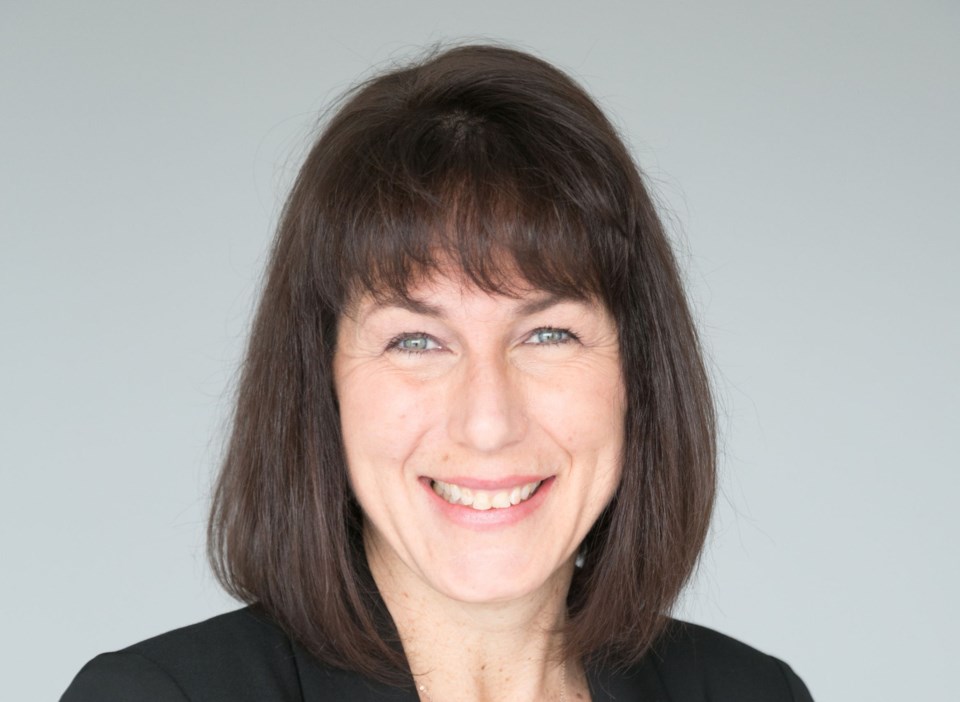With child poverty rates in some areas of Richmond at 40 per cent and seniors poverty rate above 20 per cent, one council candidate wants more recreational program subsidies for low-income residents.
Karina Reid, running as the RITE candidate in the May 29 byelection, said there are “class barriers” stopping low-income residents from accessing these public programs.
“Everybody’s moving through the world on different levels,” she said.
The fact that some areas of Richmond have child poverty rates of around 40 per cent, according to First Call, is “appalling,” Reid said.
And, while many programs, like the food bank and hot lunch programs, are helpful, Reid sees them as a “band-aid solutions.”
“We need to look at bigger issues,” she said.
To help with accessibility to public facilities, Reid suggested, instead of the current $300 subsidy for children and youth and $100 subsidy for adults and seniors, there should be 60 free drop-in admissions at Richmond’s recreation centres for all low-income residents.
Reid said this could be an immediate — but temporary — way to help support vulnerable people who have been struggling during the COVID-19 pandemic.
Furthermore, applying for the city’s recreation subsidy and subsidy programs like JumpStart are as complicated as “doing your taxes,” said Reid, who has helped friends fill out the forms.
Some drop-in programs, however, are currently free for those who have a subsidy, for example, aquatic programs.
Community centres often are a “lifeline” for many people — especially noticeable when they shut down last March — and given the increase in mental health issues related to the pandemic, they should remain accessible and low barrier, Reid said.
With rising homelessness in Richmond, Reid sees community centres as part of the solution.
“If you’re struggling with homelessness, maybe if you had access to community centres and you felt like you were part of a community, you felt like you belonged, maybe it could give you a sense of community and hope,” Reid said.
In the meantime, there are many people who never access community centre, and Reid thinks this is because for some fees remain a barrier.
She said she knows of families whose teenaged children have never learned to swim.
“Access to swimming lessons shouldn’t be based on class and barriers — every child should know how to swim,” Reid said.
A single person can receive a subsidy if their after-tax income is below $24,183. The threshold is higher depending on the number of people in a household.
Reid would like to see some public information campaign to let people know community centres are for everyone.
“The foundation of a healthy democracy is community and that starts at a library and a community centre,” Reid said.



